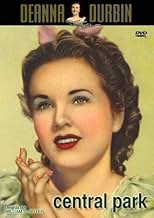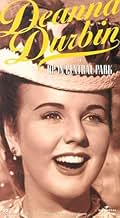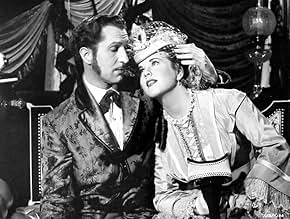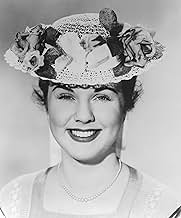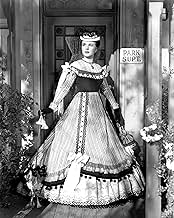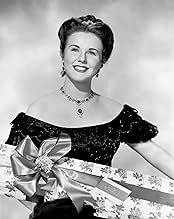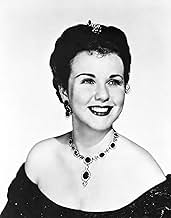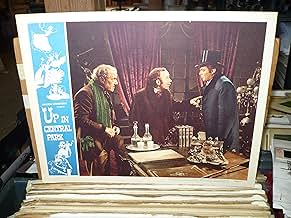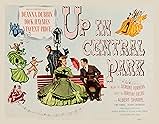Füge eine Handlung in deiner Sprache hinzuA newspaper reporter and the daughter of an immigrant maintenance man help expose political corruption in New York City.A newspaper reporter and the daughter of an immigrant maintenance man help expose political corruption in New York City.A newspaper reporter and the daughter of an immigrant maintenance man help expose political corruption in New York City.
Nellie Fisher
- Dancer
- (as Nelle Fisher)
Boyd Ackerman
- Policeman
- (Nicht genannt)
Patricia Alphin
- Guest
- (Nicht genannt)
Alice Backes
- Swedish Immigrant Girl
- (Nicht genannt)
G. Pat Collins
- Ward Heeler
- (Nicht genannt)
Handlung
WUSSTEST DU SCHON:
- WissenswertesDuring filming, sepia (brownish) tone was tested in a few scenes, but the released picture is entirely in standard black and white.
- PatzerWhen Timothy Moore is learning to read , he reads from Beatrix Potter's Tale of Peter Rabbit , which wasn't published until 1902 .
- SoundtracksOh Say, Can You See (What I See)
(uncredited)
Music by Sigmund Romberg
Lyrics by Dorothy Fields
Sung by Deanna Durbin
Ausgewählte Rezension
Durbin and Price are in top form; both are charming, and hit just the right light note in their acting style. Dick Haymes sings very well, but lacks charisma and spark as an actor. The actor playing Durbin's Irish father is strictly from the Barry Fitzgerald school of ersatz Blarney.
Contrary to what another reviewer said, this 100% soundstange shot film shows all to clearly that Universal didn't spend much money on it. Sets are unusually limited in scope for a musical. One example: In one number immigrant Durbin on the deck of a boat coming to America sings about the new countries glories. Not only is the boat deck tiny with the only backdrop a painted sky, but there is not one shot showing what she is singing about, what is supposedly inspiriting her song.
The plot and characters are hardly realistic, but work just fine for a musical. The dialog is well written, better than in the majority of musicals of this era.
The music, what there is of it, has big, well written orchestrations, and the fidelity is excellent on the VHS tape. Johnny Green is credited as composer- music director, and I believe he was head of MGM's music department at the time, so I suspect Universal farmed out musical duties to MGM (L.B. Mayor was father in law to Universal's chief). If so, it was a good decision.
As was standard practice in this era, only a few of the songs written for the stage show on which the film was based made it to the film. The glaring omission is "We'll Be Close As Pages In A Book", which I believe is the only song from the theater production to become popular and have a life outside of the show. It's not in the film, but is very prominently featured in the instrumental title music and is the music which closes the film. Makes me suspect they filmed the song, but cut it before the film was released.
Contrary to what another reviewer said, this 100% soundstange shot film shows all to clearly that Universal didn't spend much money on it. Sets are unusually limited in scope for a musical. One example: In one number immigrant Durbin on the deck of a boat coming to America sings about the new countries glories. Not only is the boat deck tiny with the only backdrop a painted sky, but there is not one shot showing what she is singing about, what is supposedly inspiriting her song.
The plot and characters are hardly realistic, but work just fine for a musical. The dialog is well written, better than in the majority of musicals of this era.
The music, what there is of it, has big, well written orchestrations, and the fidelity is excellent on the VHS tape. Johnny Green is credited as composer- music director, and I believe he was head of MGM's music department at the time, so I suspect Universal farmed out musical duties to MGM (L.B. Mayor was father in law to Universal's chief). If so, it was a good decision.
As was standard practice in this era, only a few of the songs written for the stage show on which the film was based made it to the film. The glaring omission is "We'll Be Close As Pages In A Book", which I believe is the only song from the theater production to become popular and have a life outside of the show. It's not in the film, but is very prominently featured in the instrumental title music and is the music which closes the film. Makes me suspect they filmed the song, but cut it before the film was released.
- pacificgroove
- 2. Okt. 2005
- Permalink
Top-Auswahl
Melde dich zum Bewerten an und greife auf die Watchlist für personalisierte Empfehlungen zu.
Details
- Erscheinungsdatum
- Herkunftsland
- Sprache
- Auch bekannt als
- Quiéreme otra vez
- Drehorte
- Produktionsfirma
- Weitere beteiligte Unternehmen bei IMDbPro anzeigen
- Laufzeit1 Stunde 24 Minuten
- Farbe
- Seitenverhältnis
- 1.37 : 1
Zu dieser Seite beitragen
Bearbeitung vorschlagen oder fehlenden Inhalt hinzufügen

Oberste Lücke
By what name was Up in Central Park (1948) officially released in India in English?
Antwort
